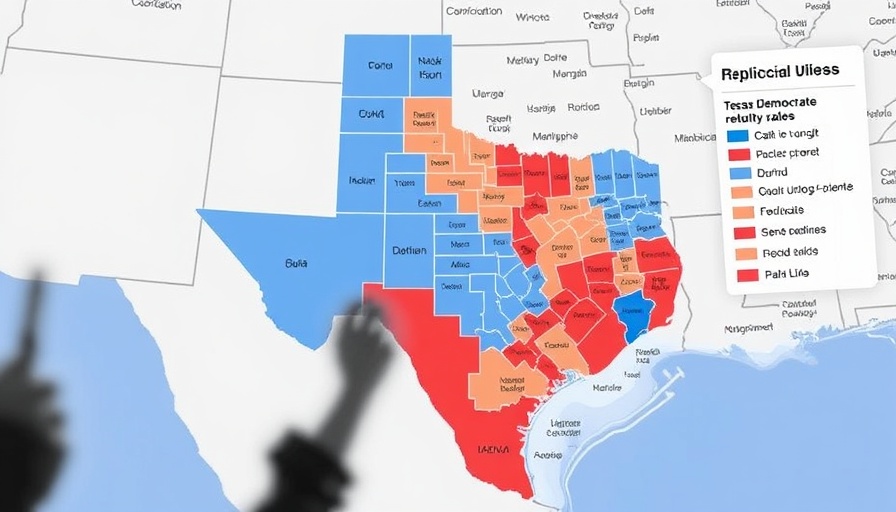
The Fort Worth City Council's Controversial Decision
In a significant and contentious move, the Fort Worth City Council voted 7-4 to suspend its diversity, equity, and inclusion (DEI) initiatives during a meeting filled with public testimony. The decision follows a directive from the Trump administration that imposes restrictions on local governments regarding DEI programs, primarily aimed at ensuring compliance with federal funding requirements.
Public Reaction and Emotional Testimonies
The city council meeting was marked by impassioned speeches from over 90 individuals. Many advocates for DEI initiatives voiced their concerns, emphasizing the importance of inclusivity and representation within the community. Proponents argued that suspending these programs would negatively impact marginalized groups that rely on city resources and support.
Despite overwhelming support from the public to maintain DEI initiatives, the council's decision was guided by financial implications. Mayor Mattie Parker stressed the need for economic prudence, noting that the city receives over $270 million in federal grants that help fund various departments, including police, parks, and emergency services. Failure to comply with federally mandated guidelines could potentially jeopardize these critical funds.
The Economic Landscape of Fort Worth
The potential loss of federal funding is a pressing concern for the Fort Worth City Council. With 139 multi-year grants in place, suspending DEI initiatives not only impacts social justice efforts but could also harm the livelihoods of city employees, including those working in the diversity and inclusion department.
This funding supports essential services and is crucial for maintaining the quality of life for the city's over one million residents. The council, balancing fiscal responsibility with community welfare, faced a complex dilemma: protect federal funding that sustains vital city jobs or uphold DEI programs that promote fairness and representation.
The Broader Implications of DEI Initiatives
The debate over DEI initiatives is not merely limited to Fort Worth; it reflects a national conversation about inclusivity in government and community policies. Critics argue that DEI programs are essential for promoting equity and addressing systemic inequalities that persist within society. In contrast, supporters of the suspension point to fiscal accountability and the need for alignment with federal guidelines.
As cities across the country grapple with similar challenges, Fort Worth's decision could serve as a barometer for how local governments navigate the complexities of DEI initiatives versus federal funding directives. It raises important questions about the future of such programs, especially in areas where financial strains are prominent.
Future Considerations and Community Engagement
The decision to suspend DEI initiatives has set the stage for ongoing dialogue within the community. Moving forward, Fort Worth's leaders must consider how to effectively engage residents in discussions about inclusivity and representation — even amidst financial constraints. Enhancing platforms for public input, along with strategic partnerships between community organizations and city officials, could serve as vital steps toward integrating DEI principles without jeopardizing federal support.
Final Thoughts
The suspension of Fort Worth's DEI initiatives encapsulates the tension between economic realities and social justice. While city leaders prioritize securing federal funds, the accompanying public discourse highlights the community's commitment to equity. Encouraging continued conversation and proactive engagement can pave the way for solutions that balance fiscal responsibilities with the ethical imperative of inclusion.
 Add Row
Add Row  Add
Add 




Write A Comment